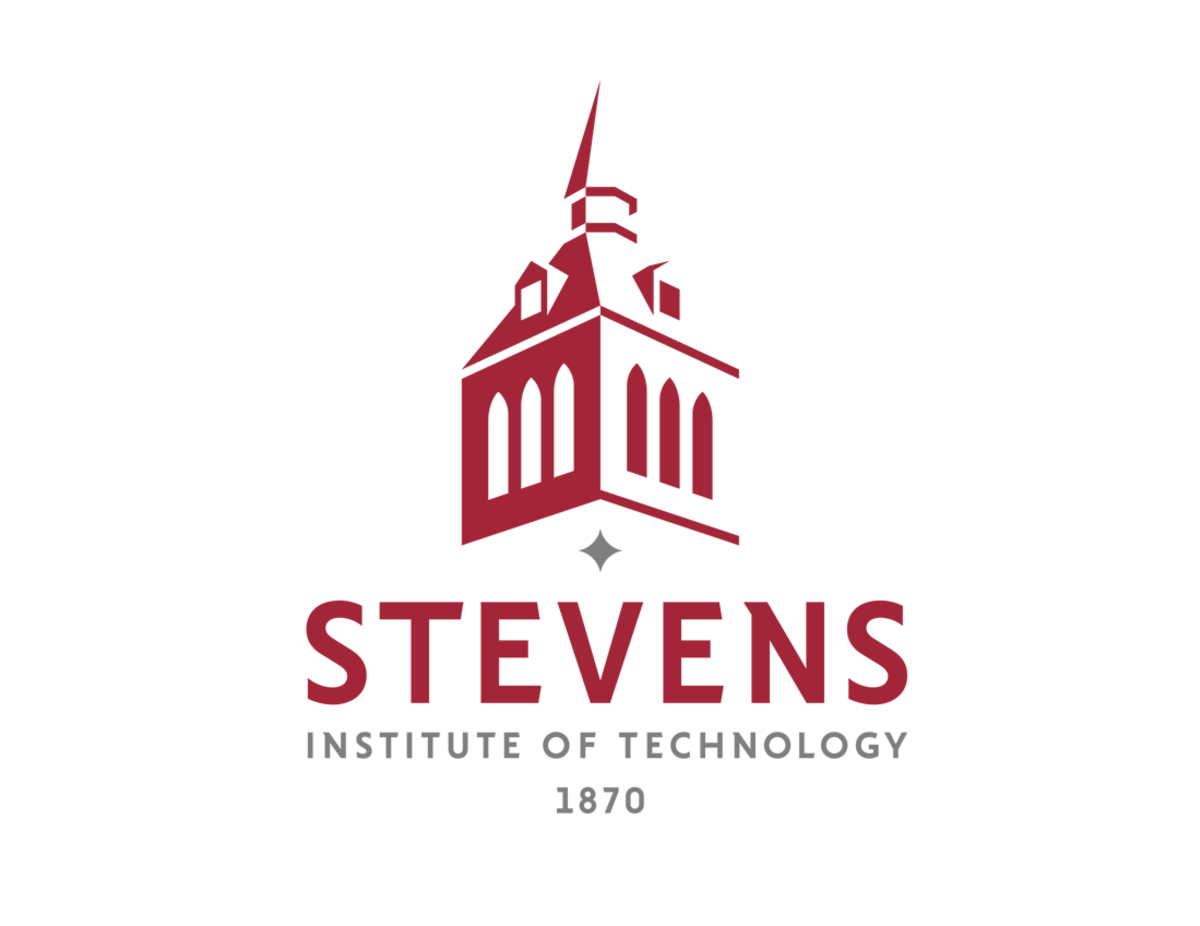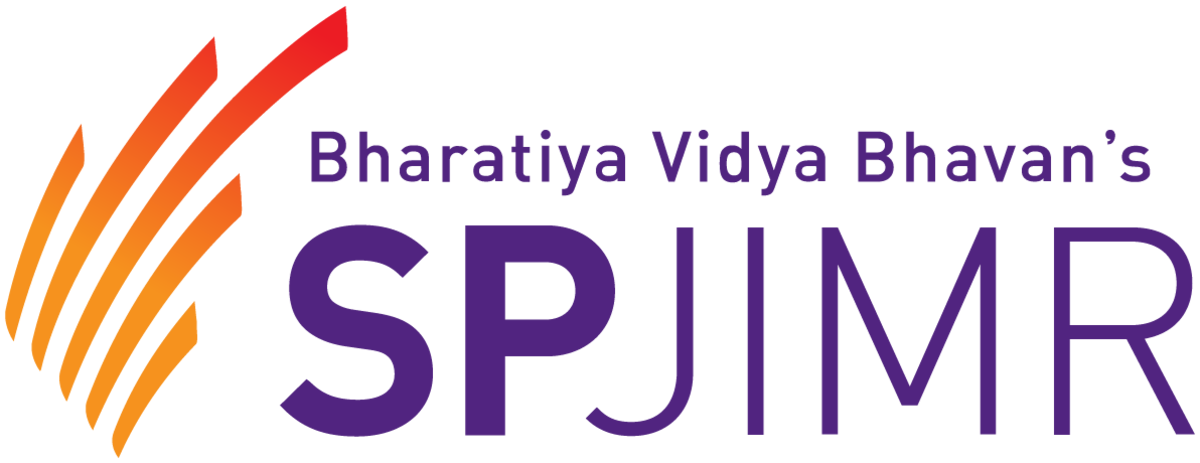
Master's in Financial Technology and Analytics and Master's in Graduate Management Dual Degree Program
Program Details
Degree
Master of Science or Dual-Degree MBASchool
School of BusinessDepartment
School of Business Graduate ProgramAvailable
On campusStevens School of Business and SP Jain Institute of Management and Research (SPJIMR) offer a highly-coordinated dual degree program in Masters of Financial Technology and Analytics and Graduate Management Program (GMP) providing a diverse skill set combining technical expertise and digital innovation with managerial and leadership skills. At the end of the program, you will get a Graduate Management Program certificate from SPJIMR and a Master of Financial Technology and Analytics from the Stevens School of Business.
In the first year, you will enroll full-time at SPJIMR, taking courses within the Graduate Management program (30 credits). Then, you will enroll full-time at the Stevens School of Business, taking courses within the Financial Technology and Analytics program (21 credits). You will receive a diploma from Stevens and a certificate from SPJIMR after completion (approximately 24 months).
Program Benefits:
Blend of Technical and Managerial Skills: Equip yourself with a unique skill set that bridges the gap between technology and business strategy, making you valuable in sectors where FinTech and analytics play a crucial role.
Leadership: Gain a deep understanding of technology, data-driven decision-making, and strategic management will position you as a capable leader in the FinTech sector.
Innovation: FinTech focuses on innovation in the financial services sector through technology. You will learn how to use Python, R, SQL in financial data science as well as machine learning techniques to design new solutions to financial problems. You will innovate solutions that may enable starting new companies at the conclusion of your degree.
Careers:
FinTech Product Manager
Data Scientist/Analyst
Financial Risk Manager
Quantitative Analyst
Cybersecurity Analyst
Business Intelligence Manager
Stevens Institute of Technology
Stevens Institute of Technology is a premier, private research university in Hoboken, New Jersey, overlooking the Manhattan skyline. Since its founding in 1870, technological innovation and entrepreneurship have been the hallmarks of Stevens’ education and research. Within the university’s three schools, Stevens prepares its more than 8,000 undergraduate and graduate students for an increasingly complex and technology-centric world. Our exceptional students collaborate closely with world-class faculty in an interdisciplinary, student-centric, entrepreneurial environment, readying them to fuel the innovation economy. Academic and research programs spanning finance, computing, engineering and the arts expand the frontiers of science and leverage technology to confront the most challenging problems of our time. Stevens is consistently ranked among the nation’s leaders in ROI and career services and is in the top 1% nationally of colleges with the highest-paid graduates.
About The MS In Financial Technology and Analytics
The Master's in Financial Technology and Analytics is a STEM program that covers a broad range of financial technology and data science topics. After completing this program, you will have the skills to lead FinTech and data science teams in both start-ups and established financial firms. You will be able to make informed decisions regarding enterprise data analytics and construct innovative financial products.
Courses
GMP 08 and GMP 15 can be transferred to replace FIN 510 Financial Statement Analysis . GMP 09, GMP 13 and GMP 20 can be transferred to replace FE 541 Applied Statistics with Applications in Finance . GMP 34E and GMP 35E can be transferred to replace FE 542 Time Series with Applications in Finance.
FE 511 Introduction to Bloomberg & Thomson-Reuters - 1 Credit
This course is designed to teach students the nature and availability of the financial data available at Stevens. The focus of the course will be on equity, futures, FX, options, swaps, CDS’s, interest rate swaps etc. They will learn to how use a Bloomberg terminal. As part of the course the students will be certified in the 4 areas that Bloomberg offers certification. We will cover the Thomson–Reuters Tick history data and basics of using this data. The course also introduces basics of applied statistics. Bloomberg terminal access will be required for any student taking the course on the web.
FE 515 Introduction to R (1)
In this course the students will learn the basics of the open source programming language R. The language will be introduced using financial data and applications. Basic statistical knowledge is required to complete the course. The course is designed so that upon completion the students will be able to use R for assignments and research using data particularly in finance.
FE 520 Introduction to Python for Financial Applications - 1 Credit
This course is a primer on Python (language syntax, data structures, basic data processing, Python functions, modules and classes). The remainder of the course covers open source Python tools relevant to solving financial programming problems. The lecture, supporting examples, and practical applications are intertwined. The content will be delivered in a fully equipped financial computing laboratory where the students are immersed in case studies of real life applications. There will be reading assignments of the corresponding chapters in the textbook and additional materials will be provided.
FA 582 Foundations of Financial Data Science (2)
This course provides an overview of issues and trends in data quality, data storage, data scrubbing and data flows. Topics include data abstractions and integration, enterprise-level data issues, data management issues, similarity and distances, clustering methods, classification methods, text mining, and time series. Furthermore, the Hadoop-based programming framework for big data issues will be introduced, along with any governance and policy issues.
Corequisite: FE 513
FE 513 Practical Aspects of Database Design (1)
The course provides a practical introduction to SQL databases and Hadoop cluster systems as available in the Hanlon Financial Systems Lab. Students will receive hands on instruction about setting up and working with databases. Most of the software will be introduced using case studies or demonstrations, followed by a lecture of related fundamental knowledge. The course covers SQL, NoSQL, and database management systems. The course will cover accessing databases using API.
FE 550 Data Visualization Applications (3)
Effective visualization of complex data allows for useful insights, more effective communication and better decision-making. This course investigates methods for visualizing financial datasets from a variety of perspectives in order to best identify the right tool for a given task. Students will use a number of tools to refine their data and create visualizations, including R and associated visualization libraries, Ruby on Rails visualization tools, ManyEyes, HTML5 and CSS 3, D3.js and related javascript libraries, Google Chart Tools, Google Refine, and image-editing programs.
FA 590 Statistical Learning in Finance (3)
Introduction to information theory: the thermodynamic approach of Shannon and Brillouin. Data conditioning, model dissection, extrapolation, and other issues in building industrial strength data-driven models. Pattern recognition-based modeling and data mining: theory and algorithmic structure of clustering, classification, feature extraction, Radial Basis Functions, and other data mining techniques. Non-linear data-driven model building through pattern identification and knowledge extraction. Adaptive learning systems and genetic algorithms. Case studies emphasizing financial applications: handling financial, economic, market, and demographic data; and time series analysis and leading indicator identification.
FE 595 Financial Technology (3)
This course deals with financial technology underlying activities of markets, institutions and participants. The overriding purpose is to develop end-to-end business decision making data analytics tools along with enterprise level systems thinking. Statistical learning algorithms will be connected to financial objects identification and authentication along with the appropriate databases to create enterprise level financial services analytics systems.
FE 630 Portfolio Theory & Applications - 3 Credits
This course introduces the modern portfolio theory and optimal portfolio selection using optimization techniques such as linear programming. Topics include contingent investment decisions, deferral options, combination options and mergers and acquisitions. The course then focuses on financial risk management with emphasis on Value-at-Risk (VAR) methods using general and parametric distributions and VAR as a risk measure. Real world scenarios are studied.
FE 800 Project in Financial Engineering - 3 Credits
This course is designed for FE students undertaking a research or a project in financial engineering either individually or as a group. The project may be suggested either by faculty members or industry senior managers associated with your internship, as well as any internship that a student may receive through this course. The goal of this course is to involve students in developing research skills, communication skills while keeping their interest in result-oriented techniques. The ability to work on a research-oriented project in a group environment and train their professional presentation and scientific writing skills lead to a competitive graduate who is ready to lead in the work place.
SP Jain Institute of Management and Research
SPJIMR was established in 1981 by India’s premier non-profit institution, Bharatiya Vidya Bhavan (BVB), to adapt the concepts, techniques, and practices of modern management to meet the needs and actual conditions of developing India.
BVB, an educational trust founded in 1938, by Dr. K.M. Munshi with the support of Mahatma Gandhi, is today a worldwide cultural, educational, and ethical movement of national eminence with widespread support and goodwill earned over its eight decades of public service.
Since its founding over forty years ago, SPJIMR has grown to become one of India’s leading management schools, with a global reputation for social impact.
Courses
Foundation Courses
Course Number | Course Name | Credits |
|---|---|---|
GMP 01 | Case Study Method | |
GMP 02 | Learning to Learn | |
GMP 03 | Science of Spirituality | .5 |
GMP 04 | Business Communication | .5 |
GMP 05 | Business Computing through Spreadsheets | .5 |
GMP 06 | Micro Economics | 1 |
GMP 07 | PG Lab | 1 |
GMP 08 | Financial Accounting & Statement Analysis | 2 |
Term 1 Courses
Course Number | Course Name | Credits |
|---|---|---|
GMP 09 | Business Statistics & Research Methods | 1.5 |
GMP 10 | Negotiations & Intercultural Management | 1 |
GMP 11 | Design Thinking | 1 |
GMP 12 | International Macroeconomics | 1 |
GMP 13 | Decision Sciences | .5 |
GMP 14 | Global Production Management | 1 |
GMP 15 | Management Accounting | .5 |
GMP 16 | Marketing Management | 1 |
GMP 17 | Marketing Planning & Strategy (Simulation) | .5 |
GMP 18 | Corporate Finance | 1.5 |
Term 2 Courses
Course Number | Course Name | Credits |
|---|---|---|
GMP 19 | Strategy | 1 |
GMP 20 | Business Analytics | .5 |
GMP 21 | Project Management | 1 |
GMP 22 | Strategic Finance | 1 |
GMP 23 | Digital Marketing | .5 |
GMP 24 | Global Supply Chain Management | 1 |
GMP 25 | Startup Garage | .5 |
GMP 26 | iBizSim (Simulation) | 1.5 |
GMP 27 | Technology in Digital Economy | 1 |
GMP 28E | Responsible Management | 1 |
GMP 29 | International Finance | 1 |
Elective Courses
Electives available to be taken at SPJIMR toward the GMP Degree
Course Number | Course Name | Credits |
|---|---|---|
GMP 30E | Business Models | 1 |
GMP 31E | Mathematical Basics (incl. Fin Math) | .5 |
GMP 32E | R and R Studio (Workshop) | .5 |
GMP 33E | Capital Markets | 2 |
GMP 34E | Basic Econometrics | 2 |
GMP 35E | Applied Econometrics | 2 |
GMP 36E | Consulting Tools Seminar | 1 |
GMP 37E | SAP for Business Process Management | 1 |

